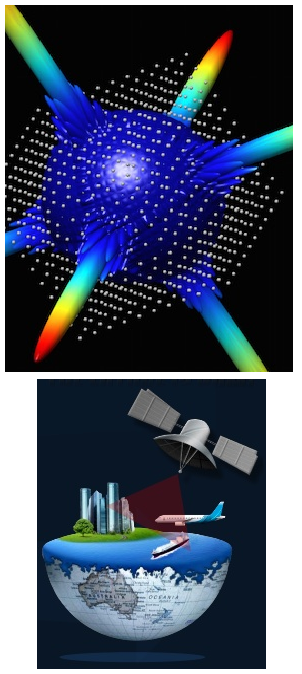Space junk regs suggested
 Experts say it is time to extend regulation into space.
Experts say it is time to extend regulation into space.
Rapidly evolving technology and space debris reported in several places around the world signals the need for a new era for regulation of space, according to a new report.
The need has been made clearer in recent days, after a Chinese rocket fell back to Earth in a less controlled manner than many would have liked.
The paper by Flinders University experts calls on governments to pay more attention to the use of low-Earth orbit (LEO) as space laws and technologies race ahead at high speed.
“While there are laws that cover space activities, they are already under stress because of the speed at which the commercial space industry is evolving,” says research associate in space law, Joel Lisk.
“There is a need to work towards ensuring that we have broad and flexible regulatory settings that are geared to rapid change and future developments.
“Without these ambitious and progressive steps, we risk reducing commercial activity, lower levels of investment - and society will miss out on the benefits that can be derived from this important sector.”
Large corporations are moving rapidly to establish large-scale LEO deployments and provide services around the world, in what has been described as a ‘gold rush’.
In the five years to December 2019, the number of satellites orbiting Earth increased by 77 per cent and in the year 2020, the number increased a further 37 per cent to 3,371 active satellites.
SpaceX’s Starlink system has approval from the US Federal Communications Commission for 12,000 satellites and the company is seeking authorisation for a further 30,000 satellites, with the growth of LEO filings with national regulatory agencies leading aviation giant Boeing to separately raise serious concerns about the long-term space safety and sustainability.
Flinders University’s Professor Melissa de Zwart, who is deputy chair of the Space Industry Association of Australia, says there is real cause for concern.
“We have heard about the possible Starlink debris falling to Earth in regional NSW, and Russia’s move to exit the International Space Station which is due to be retired after 20 years in space,” says Professor de Zwart.
“We also need to weigh up the risks against the advantages of opening up promising new low-cost channels of communication and connectivity, as well as Internet of Things and Machine-to-Machine applications, that could bring significant benefits to remote and financially disadvantaged communities.”
As well as spectrum capacity and management of debris which may cause harm in space or on Earth, the Flinders report considers several other complex challenges including physical and spectral interference management; optical and radio astronomy, including casual night sky viewing; and competition between operators in the LEO region.
As well as spectrum capacity and management of debris which may cause harm in space or on Earth, the Flinders report considers several other complex challenges including physical and spectral interference management; optical and radio astronomy, including casual night sky viewing; and competition between operators in the LEO region.







 Print
Print